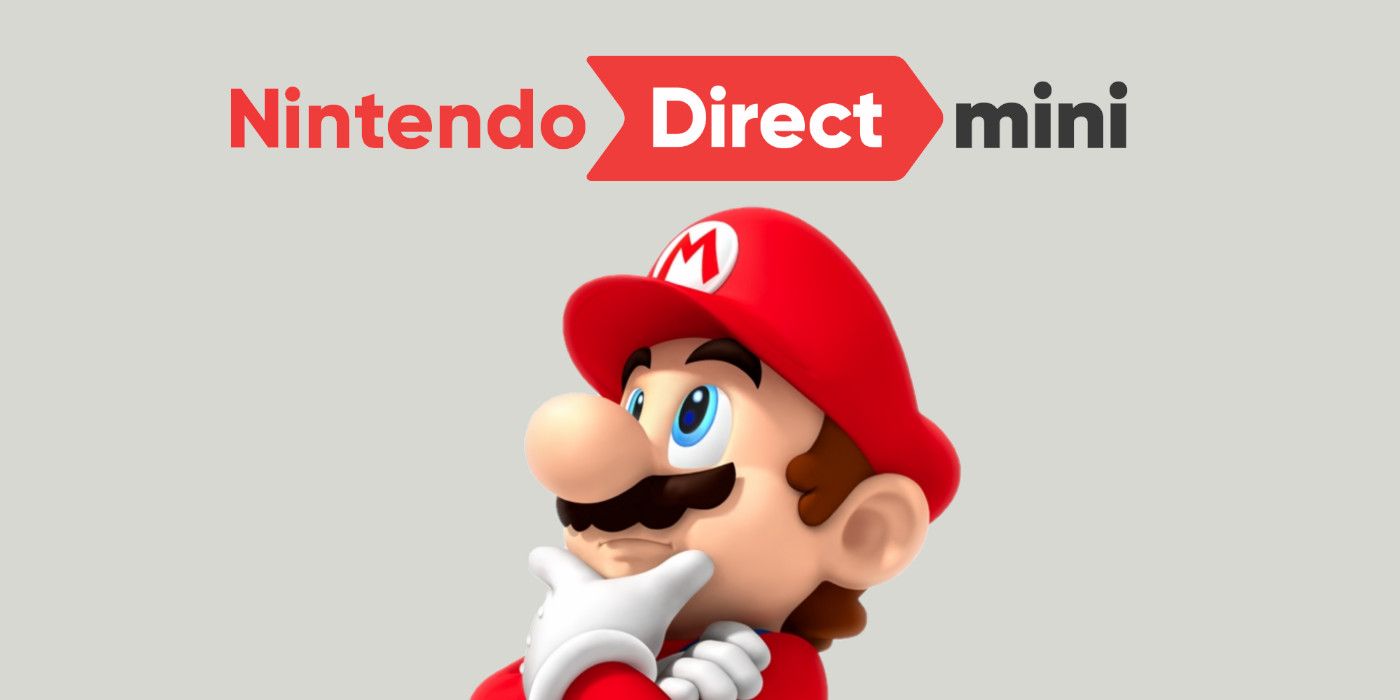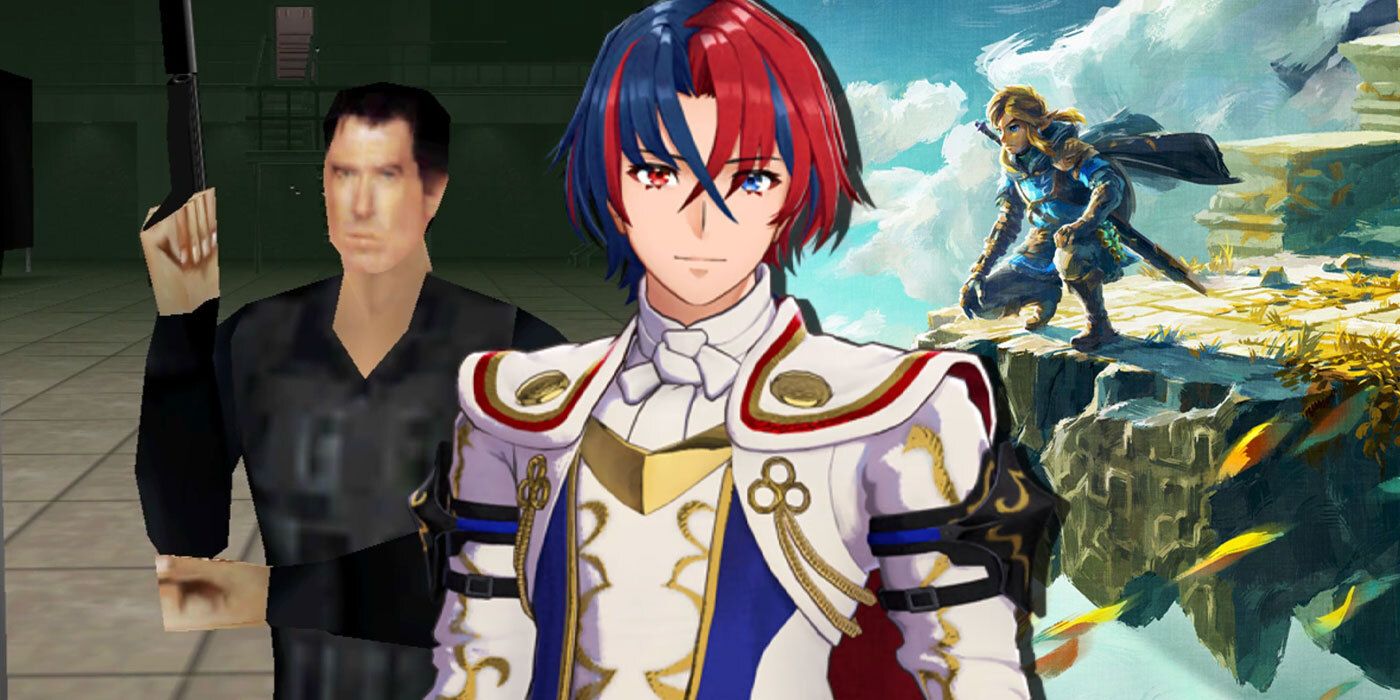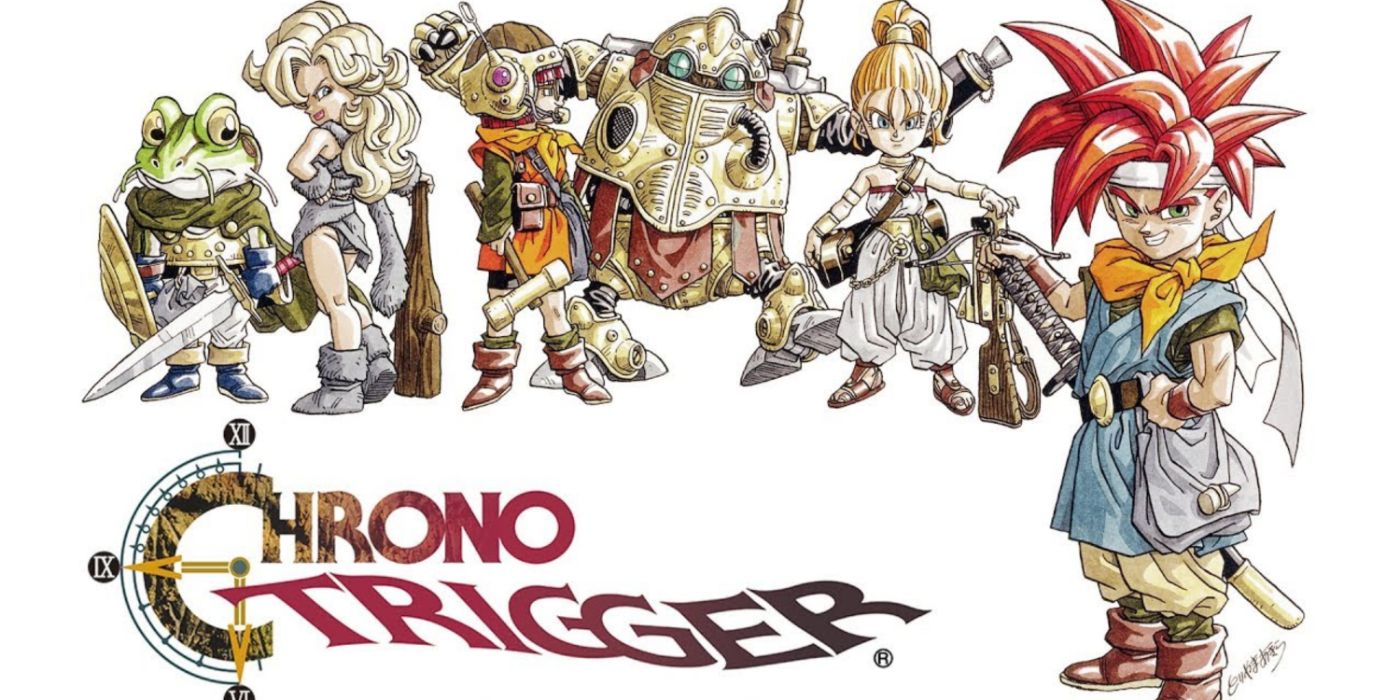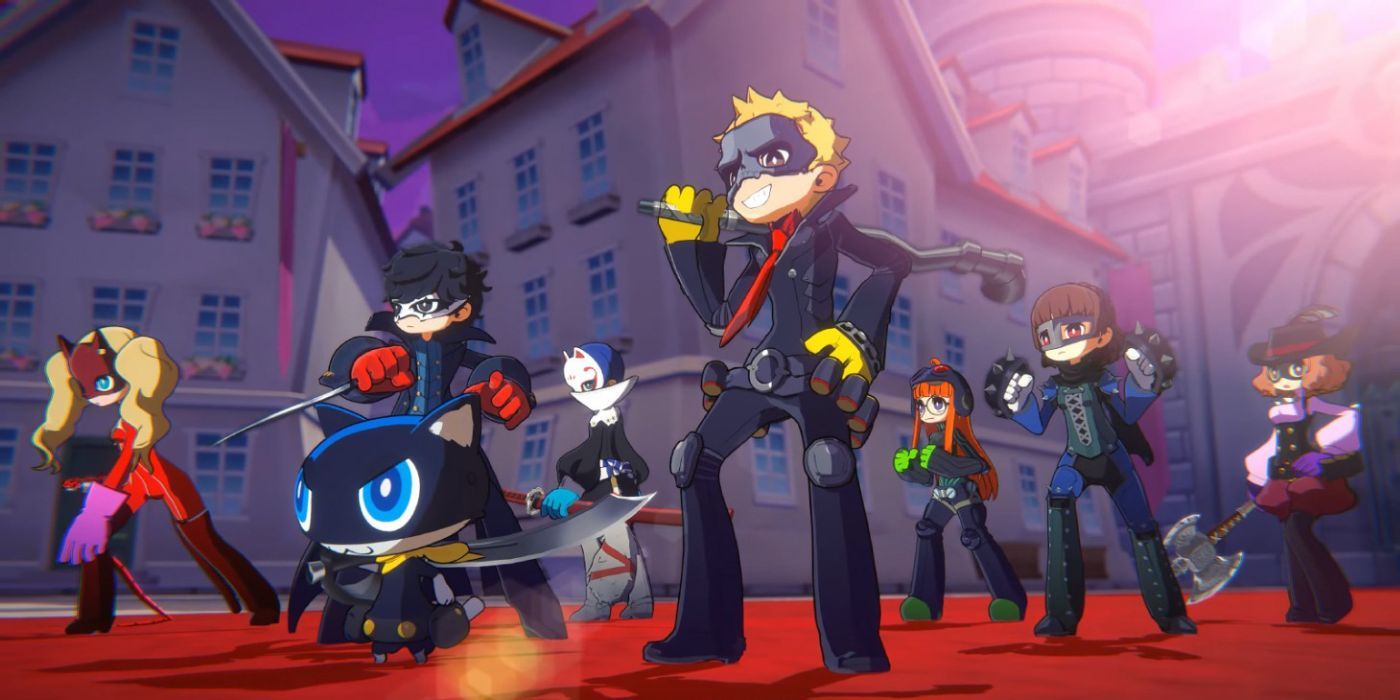One of the most exciting parts of being a Nintendo fan is staying tuned for the company's Nintendo Direct showcases. These broadcast the upcoming games coming down the pipeline, both from Nintendo itself and other video game developers producing software for the Nintendo Switch. An improved relationship between Nintendo and these other companies had led to a bevy of interesting titles being introduced via Nintendo Directs, with one genre in particular getting a major push.
Fans have noted how many JRPGs and RPGs in general how been shown off during Directs. This all stems from the veritable void that the Nintendo Switch fills, particularly when it comes to handheld gaming. Of course, the effect is that those uninterested in RPGs might find little to be excited about, even if it is ultimately a good thing for Nintendo and the video game industry.
Nintendo Directs are the Best Showcase for RPGs
The 2023 June Nintendo Direct is no different from its predecessors in how it shines a light on the RPG genre. These titles include DLC for Pokémon Scarlet and Violet and a remake of Super Mario RPG, both of which are Nintendo properties. Other RPGs include the action-RPG Silent Hope from XSeed Games, the official reveal for the Switch version of Atlus' Persona 5 Tactica and the announcement of a new Dragon Quest Monsters game. Many of these RPGs are the epitome of the genre, especially when it comes to Japanese takes on the genre. More than ever, Switch owners are in for an avalanche of role-playing games, namely from the biggest RPG franchises out there. While this is definitely exciting for those who can't get enough of leveling up their stats, it's arguable that the genre has a bit too much dominance at Nintendo Directs.
After all, past Directs have been showcases for numerous games in the Shin Megami Tensei, Fire Emblem and Xenoblade franchises, most of which shared a similar aesthetic (if not mechanics). Those looking for a wide variety of games to be shown off beyond Nintendo's staples of side-scrollers and platformers might have been disappointed. One element to this criticism is that shooters and more "hardcore" titles aren't exactly part of the landscape, which has definitely been an issue with Nintendo's offerings for generations at this point. As valid as this criticism, the focus on RPGs is the company fixing one of its other problems by finally pushing hard on a genre it once had a monopoly on.
Nintendo's Best Console Was Filled to the Brim With RPGs
Many gamers – namely those who've enjoyed the hobby for decades – largely see the Super Nintendo Entertainment System as one of if not the company's best hardware. This is largely due to the classic library of games on the system, with most of them being either platformers or RPGs. The SNES era was one where Nintendo was very much the exclusive home for Final Fantasy and Dragon Quest/Dragon Warrior titles. That's without even getting into other classics such as Chrono Trigger, the original release of Square/Nintendo's Super Mario RPG, Secret of Mana and (in Japan) more niche hits like Shin Megami Tensei If... and other entries in the apocalyptic RPG series. These games showcased how tone, scope, and storytelling could be just as strong in video games as any other medium, and it helped that the many times medieval settings resembled so many epic fantasy novels.
Unfortunately, Nintendo's arrogance and decrease in popularity of the company's rival Sega saw them losing control of the genre. A series of events led to Sony entering the video game console industry with the first Sony PlayStation, the likes of which was originally envisioned as a mere add-on to Nintendo's hardware. In order to make the new console a success and get games produced for it, Sony courted major third-party developers that had previously stuck almost exclusively to Nintendo. These included Square, the RPG kings by way of their massively popular Final Fantasy series. This move paid off big time for Sony, as the greater technological advancements of the PlayStation allowed Square to develop an outright classic. Square's Final Fantasy VII was an unmitigated hit, and its popularity began both an era of consistent success for the company and the start of several other third-parties abandoning Nintendo.
The result was that the Nintendo 64 was nearly bereft of the now bigger-than-ever RPG franchise. Some of the only exceptions included the moderately successful Quest 64 and Nintendo's own Paper Mario, with even Fire Emblem (which had yet to make it outside Japan at that point) lacking a new entry on the hardware. The same went for Nintendo's Mother series, with the game originally dubbed Earthbound 64 skipping the N64 and eventually releasing in Japan only on the Game Boy Advance as the almost apocryphal Mother 3. With no Final Fantasy or anything of the same level, Nintendo quickly lost its association with RPGs. This continued on the Gamecube, the failed Wii U and arguably the Wii, though the latter did have a few more RPGs than the other hardware. A lot more role-playing games would hit Nintendo's handhelds, however, and that's why the Switch is going all-out with the genre.
The Switch's RPG Focus Is Nintendo's Making Up for Lost Time
Even though many companies wanted nothing to do with the N64 compared to the PlayStation, new RPGs were still developed for the Nintendo Game Boy Color. The same happened with the GBA, which received several ports of SNES classics and brand-new RPG hits such as Golden Sun and even Square Enix's Final Fantasy Tactics Advance. Years later, the DS/3DS families of hardware were no different, and some of the kookiest and quirkiest RPGs found a fitting home on the handhelds. Likewise, a similar home was briefly found via Sony's PlayStation Vita. Though it was ultimately deemed a failure, it became name for having ports of modern classics like Persona 4 Golden and some rather niche JRPGs that likely wouldn't have fit anywhere else.
The Nintendo Switch is definitely filling the void of both the DS and the Vita, with new Atelier and Disgaea titles being on the shelves alongside Dragon Quest, Final Fantasy, Fire Emblem, Pokémon, Paper Mario and Shin Megami Tensei/Persona. Once again, it's a fairly decent mix of new titles and old-school games from past consoles. Some of these titles simply wouldn't have had a real chance on the PlayStation 4, let alone the Western-oriented Xbox consoles. Their focus on story and exploration also makes them great to take on the go, as opposed to other genres which might work best on a big screen at home. Conversely, the Switch epitomizes Nintendo trying to be competitive (in its own way), namely by playing nice with third-party developers in order for them to fill the niches that Nintendo usually doesn't. This way, the RPG famine of the N64 days will never be repeated, especially since the genre takes center stage through Nintendo Direct.




